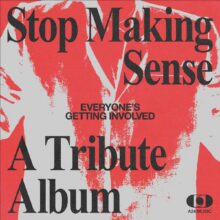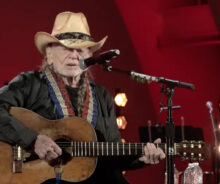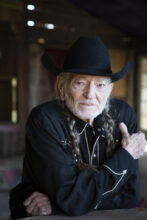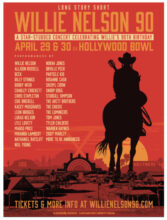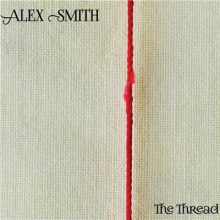The man who brought Indian sitar music to the masses, Ravi Shankar, passed away on Tuesday evening in San Diego. He was 92.
Late Tuesday night, the following was posted on his official website:
With profound grief and sorrow, we mourn the passing of Pandit Ravi Shankar on December 11, 2012. He died in San Diego at 4:30 pm Pacific time. He was 92.
Shankar was born in India but moved to Paris at the age of 10 with his brother Uday who was a choreographer. It was while touring with Uday that Ravi learned dance, traditional Indian instruments and western culture.
In 1938, Ravi returned to India as the student of Allauddin Khan where he learned to play the sitar and surbahar. By the mid-40’s, Shankar moved to Mumbai where he began composing classical music for the India People’s Theatre Association.
In 1949, Shankar signed with HMV India where he began to record under his own name. He also continued to compose including the writing of the music for the Apu Trilogy by Satyajit Ray.
In the mid-50’s, Ravi began touring Europe and the U.S. educating his audience about Indian music. His first full LP, Three Ragas, was released in 1956 which led to further touring and, eventually, his work in writing film scores for western movies.
It was the Byrds that first used elements of Shankar’s music in their albums along with introducing him to Beatle George Harrison. George went to India for six weeks in 1966 to study sitar with Shankar, leading to a lifelong friendship. In 1967, Shankar performed at the Monterey Pop Festival and opened a branch of the Kinnara School of Music in Los Angeles. He published his autobiography My Music, My Life in 1968.
In 1969, Shankar performed at the Woodstock Festival but became disenchanted with rock music even though he performed at Harrison’s Concert For Bangladesh the next year. He and Harrison also recorded an album in 1973 as Shankar Family and Friends.
For the next two decades, Shankar toured, continued to record and wrote additional classical music. He was nominated for an Academy Award in 1982 for Gandhi and, from 1986 to 1992, served in the upper chamber of the Parliament of India.
Over the rest of his life, Shankar performed between 25 and 40 concert per year, became a guest lecturer at the University of California and taught his daughter, Anoushka Shankar, to play sitar and supported her musical career.
Shankar is the father of Shubhendra Shankar (b. 1942), musician Norah Jones (b. 1979) and Anoushka Shankar (b. 1981).



